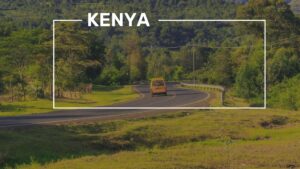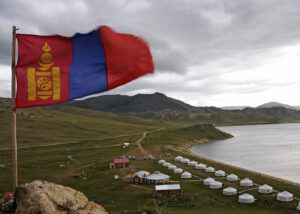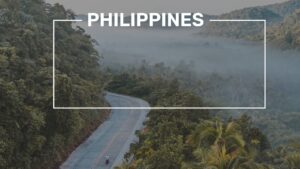Overview
Money is a necessary and growing component in modern competitive elections. However, it provokes distrust and cynicism among the electorate, and can be a tool for corruption by those with resources.
Ensuring transparency of money in politics has increasingly become an area of interest for OGP members, who are working on ways to empower citizens to oversee and monitor the source of election financing. Early indications show that political finance commitments are highly effective and indicate strong results. Tackling the ill effects of money in politics also helps level the playing field and open access to political processes to women and other groups who may be traditionally excluded.
This policy brief on political finance provides a helpful review.
- Establish a mandatory public register of meetings between lobbyists and public officials. Madrid has a public online registry where lobbyists must disclose any meetings with members of the City Council. Ireland created a public registry of lobbyists and an advisory group, ultimately increasing citizen access to information and improving accountability in the policy-making process.
- Create open, equitable, and responsive channels for public consultation. After Chile’s Law on Lobbying came into force in 2014, the government adopted measures to implement it effectively, including holding public consultations where citizens could offer recommendations on how the law should be carried out.
- Introduce mandatory codes of conduct for both officials and lobbyists and ensure there are appropriate sanctions in place for non-compliance. According to the International Standards for Lobbying Regulation, as of May 2015, 16 OGP countries have national lobbying regulations.
- Target political equity measures to promote the participation and representation of women and politically marginalized groups, including campaign finance reforms and minimum standards for participation. In Sri Lanka, the government committed to implementing and maintaining a 25 percent mandatory quota for women within local governments, dramatically increasing women’s representation in local elected office.
Resources
| 2022 | Broken Links How can open data help shine a light on political corruption and make political systems fairer and more inclusive? How… | OGP | Web Page | |
| 2022 | Global Data Barometer: Political Integrity In this module, the Global Data Barometer, OGP, and Transparency International share resources for both policy-makers and civil society organizations… | Outbound Link | OGP | Web Page |
| 2021 | The New Leadership Playbook Nothing about the inherent nature of business dictates that irreversible environmental damage, poor labor standards and conformity in leadership … | Outbound Link | Partner | Web Page |
| 2021 | Le Créateur d’Engagements Anti-Corruption (Français) Global Integrity, Open Data Charter, ILDA , AODN, et OD4D partagent 4 étapes pour générer des engagements OGP de données… | Outbound Link | Partner | Web Page |
| 2021 | El Creador de Compromisos Anti-Corrupción (Español) Global Integrity, Open Data Charter, ILDA , AODN, y OD4D comparten cuatro pasos para generar compromisos OGP de datos abiertos… | Outbound Link | Partner | Web Page |
Related Content

Kenya’s Open Government Journey
Kenya joined the Open Government Partnership (OGP) at its inception in 2011. In this report, learn how the national government and OGP Local members have advanced open government reform.

How Brazil is Tackling Corruption by Opening Federal Infrastructure Contracts
Brazil is partnering with civil society to make infrastructure contracts more transparent by applying open contracting principles. Read to learn how their effort aims to improve oversight, reduce corruption, and ensure public funds deliver real results.

Open Gov Challenge: Mongolia
Learn more about Mongolia's Open Gov Challenge commitment on anti-corruption.

Philippines’ Open Government Journey
As a founding member of OGP, the Philippines has long been a leader in open government. In this report, learn how the national government and OGP Local members have advanced open government reform since 2011.
